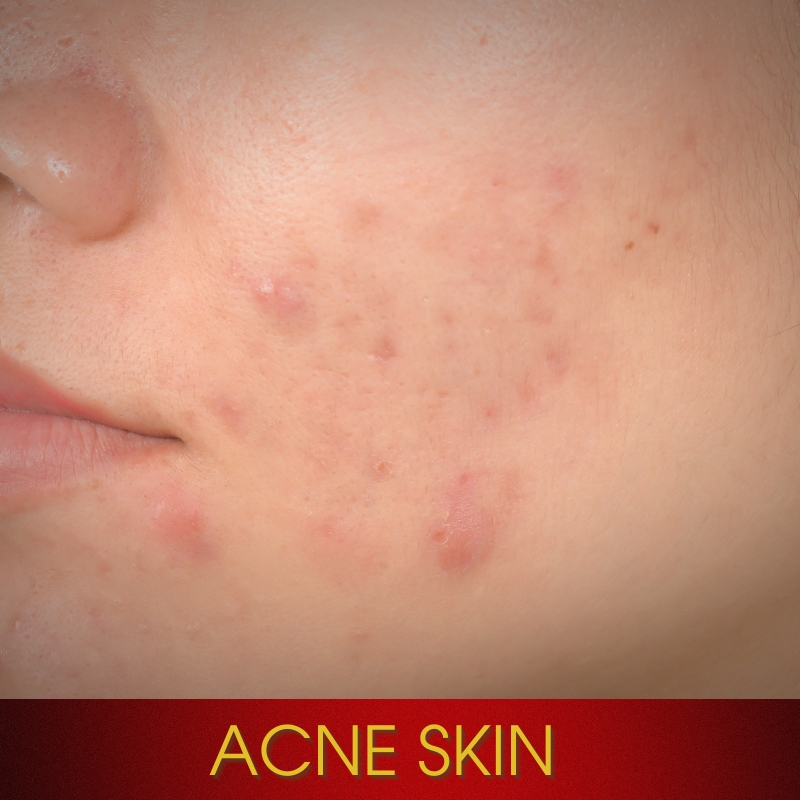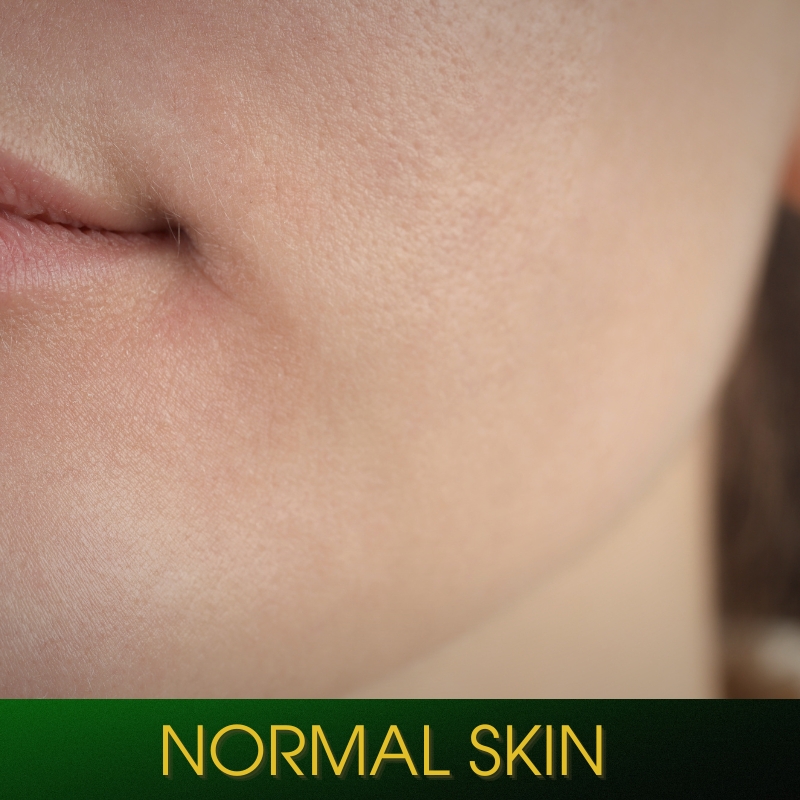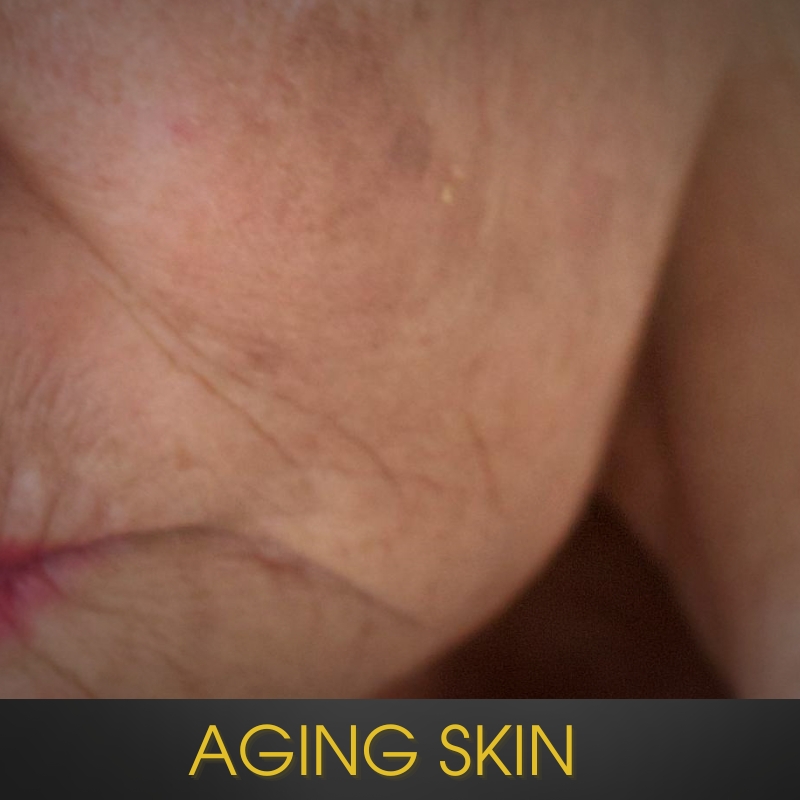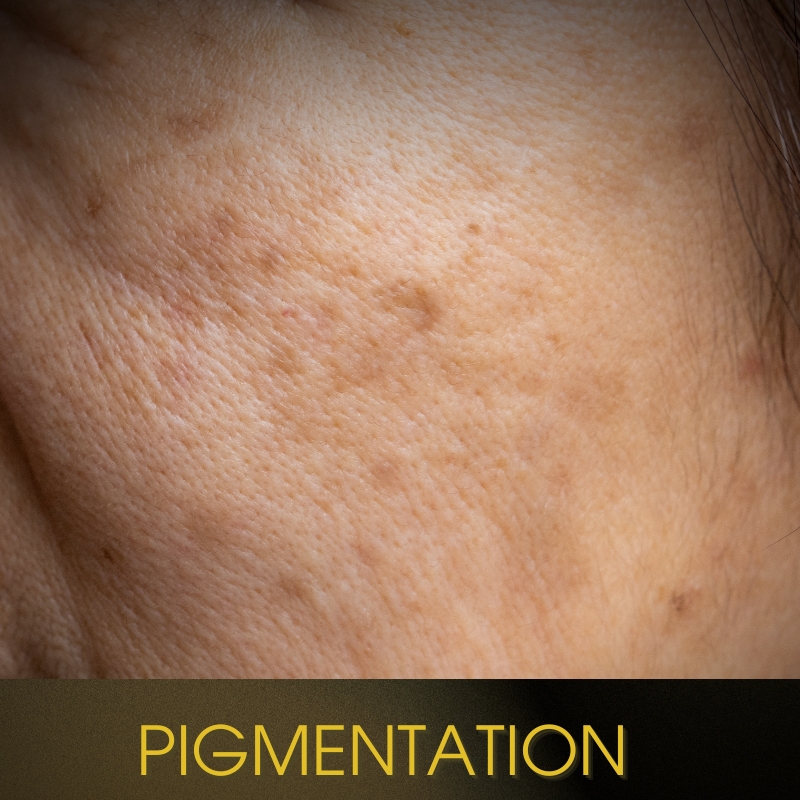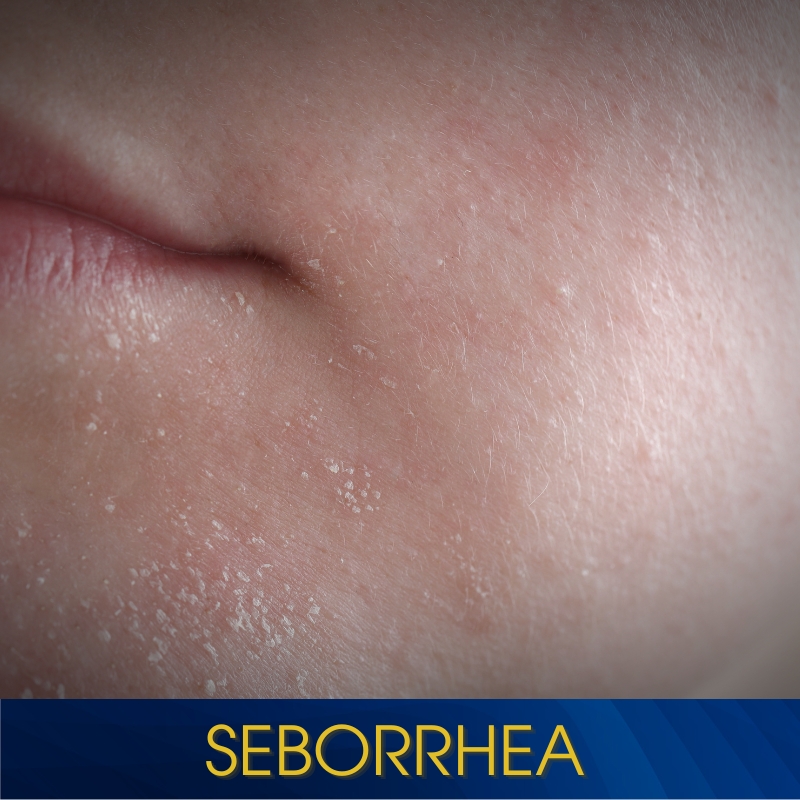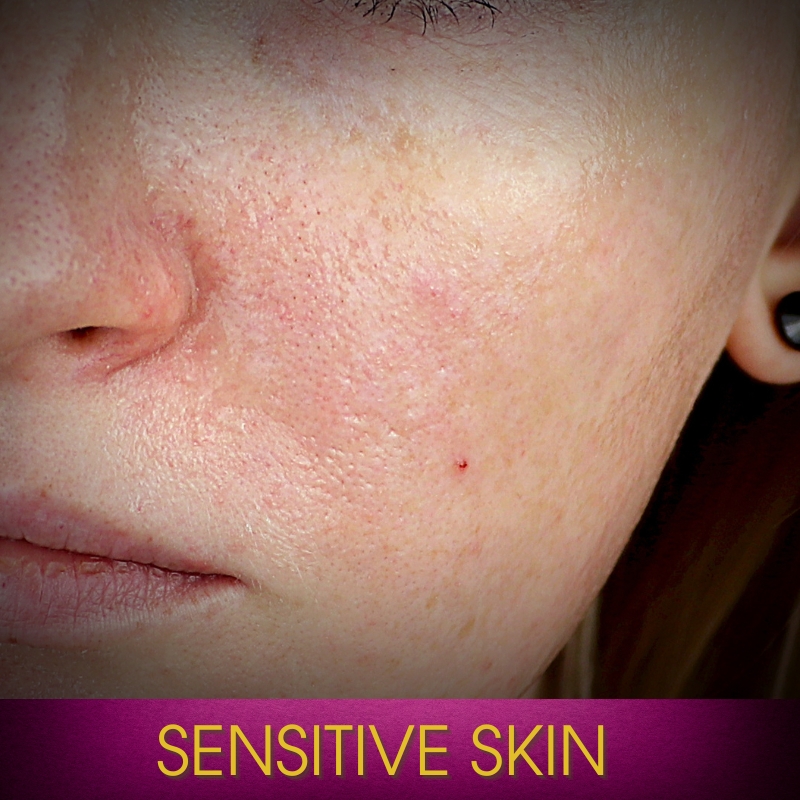Each skin type requires personalized care to keep it healthy, radiant, and beautiful. Whether it’s dry, normal, oily, or sensitive skin, it’s important to understand the unique needs of each skin type and tailor the routine and products that provide the necessary support. At Laor, our Layered System approach ensures that each treatment is done in stages – each step is carefully adapted to your skin’s needs, integrating acids, active ingredients, and natural elements that help achieve effective results. Each step in the process works synergistically to restore your skin’s health and glow, while maintaining long-lasting results.
SKIN TREATMENTS
Acne is a common skin issue, especially among teenagers but also in adults. It involves breakouts of pimples, blackheads, and excess oil on the skin, usually in areas like the face, chest, and back. Acne is caused by clogged pores, and sometimes bacterial infections, resulting from excessive oil secretion in the sebaceous glands. Hormonal changes, stress, diet, or unsuitable treatments can exacerbate the problem.
3 Key Points:
Main Cause of Acne: Clogged pores from oil, dead skin cells, or bacteria.
Recommended Treatment: Use products that reduce oil production and inflammation. Choose non-comedogenic products (products that do not clog pores).
Therapeutic Additions: Acids such as salicylic acid or glycolic acid can help remove dead skin cells and prevent pore blockage.
Normal skin is in a balanced state, neither too dry nor too oily. It has a natural balance of moisture and oil, and its appearance is fresh and healthy. However, normal skin can become dry or oily due to external factors like weather changes or stress.
3 Key Points:
Balanced Nourishment: It’s important to maintain a simple, gentle skincare routine focusing on cleansing and proper nourishment.
Maintaining Balance: Choose products that don’t dry out or produce excess oil to keep the natural balance.
Preventing Future Problems: Caring for normal skin can help prevent the development of skin issues like acne or dryness later on.
Anti-Aging
As we age, natural processes in the skin, such as a decline in collagen and elastin production, can lead to an aging appearance with wrinkles, fine lines, and a loss of texture and elasticity. Anti-aging treatments aim to slow down these aging processes and restore the skin’s glow and flexibility.
3 Key Points:
Restoring Skin Acidity: As we age, the skin loses moisture. It’s essential to restore moisture with creams that contain hyaluronic acid and important vitamins.
Collagen Development: Focus on treatments that stimulate collagen production in the skin, such as using a roller.
Preventing Environmental Damage: Exposure to the sun, pollution, or stress can accelerate the aging process. Sunscreen and vitamins are crucial for preventing damage.
Pigmentation refers to dark or light spots on the skin, usually due to sun exposure, hormonal changes, or skin trauma. These spots can appear at various ages and can result from skin inflammation.
3 Key Points:
Use of Acids: Acids like glycolic acid and vitamins C and E help lighten dark spots and improve skin appearance.
Sun Protection: Sunscreen is essential to prevent worsening pigmentation since sun exposure stimulates melanin production.
Patience in the Treatment Process: To alleviate pigmentation and reduce dark spots, consistent treatment with patience is required.
Seborrhea, or seborrheic dermatitis, is characterized by the appearance of dandruff, redness, irritation, and excess oil on the skin, mainly on the face, chest, and scalp. It is a chronic skin condition that often occurs due to an imbalance in the immune system.
3 Key Points:
Reducing Inflammation: It’s important to treat the skin gently and focus on not exacerbating the problem. Anti-inflammatory products help reduce redness.
Balancing Skin Oil: Use products that regulate oil production in the skin and prevent pore blockage.
Moisture Retention: It’s essential to maintain high skin moisture to ease irritation.
Sensitive skin reacts excessively to external changes such as cold, heat, or unsuitable skincare products. It may involve allergic or inflammatory reactions. Sensitive skin can be dry, red, and irritated. It is important to use gentle, non-irritating products.
3 Key Points:
Gentle Skincare Products: Choose products with natural ingredients that are non-irritating, such as those free from parabens, alcohol, or strong fragrances.
Balanced Acidity: Sensitive skin needs products that help maintain balanced acidity to prevent dryness or further irritation.
Avoiding Exposure to Harsh Elements: Sensitive skin can worsen in extreme environmental conditions, so it’s necessary to avoid prolonged exposure to the sun, wind, or heat.


